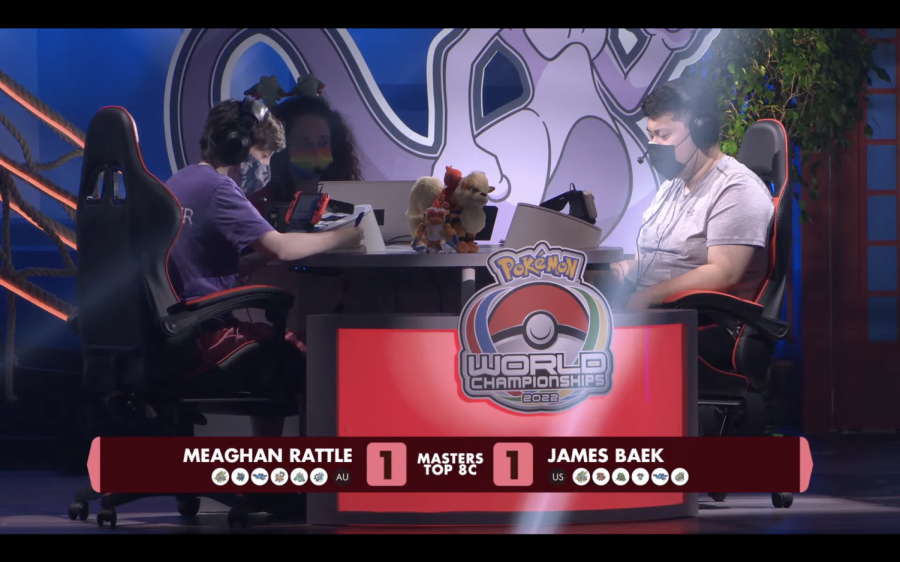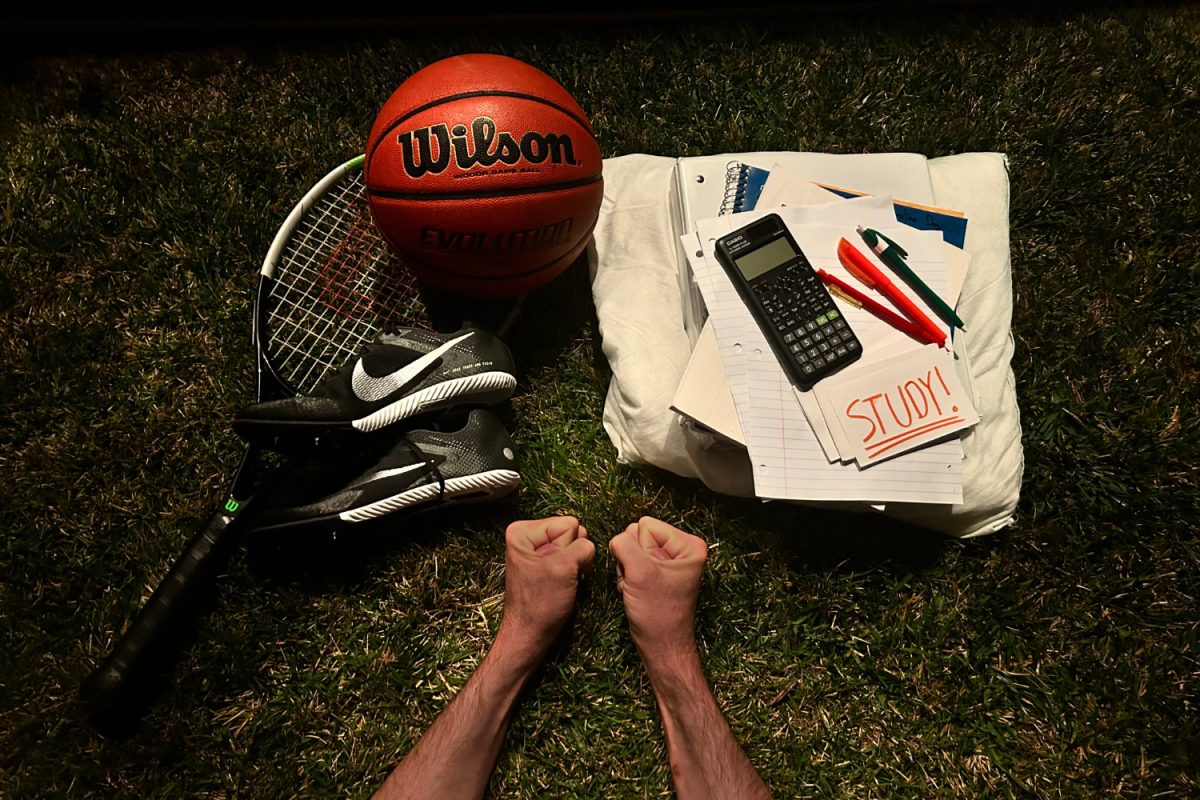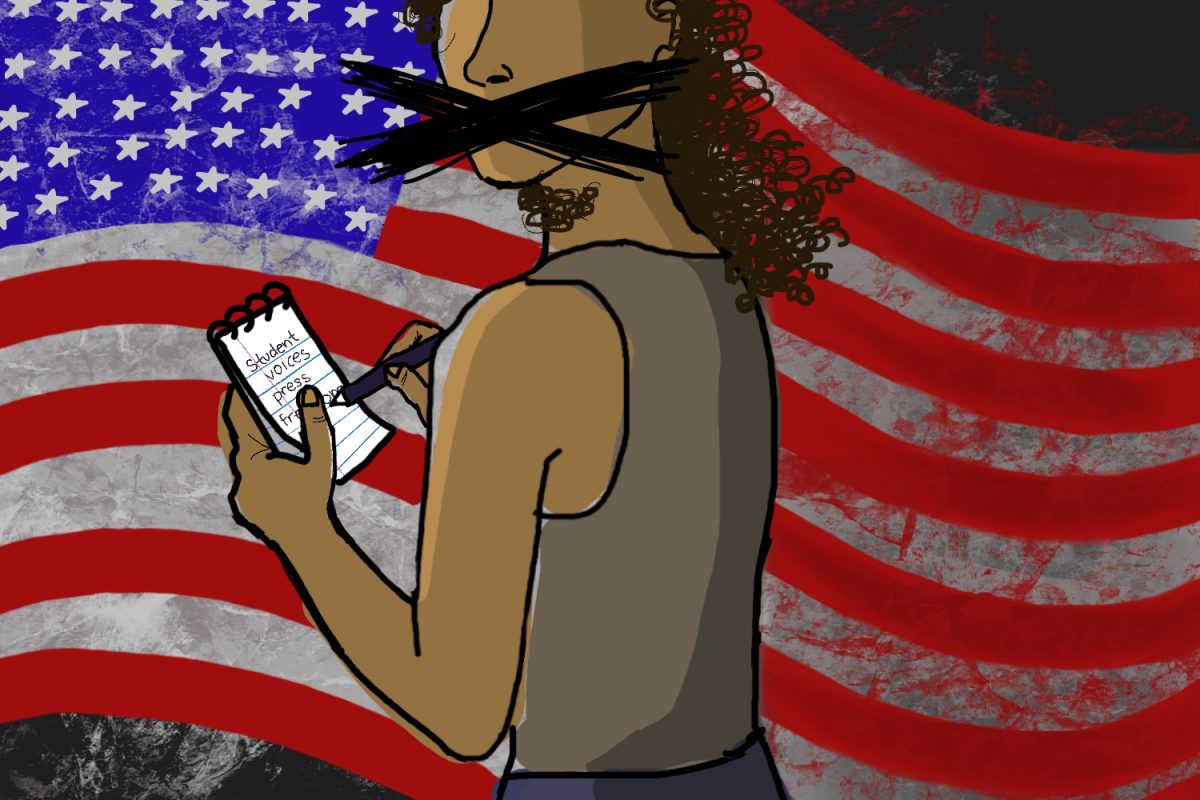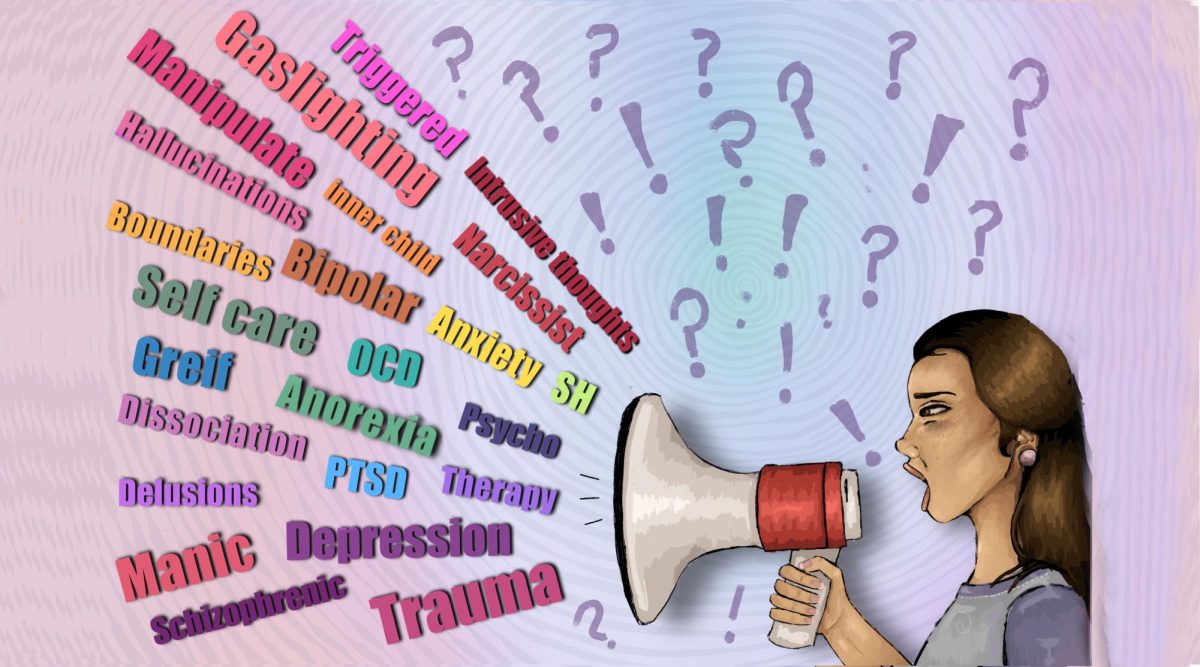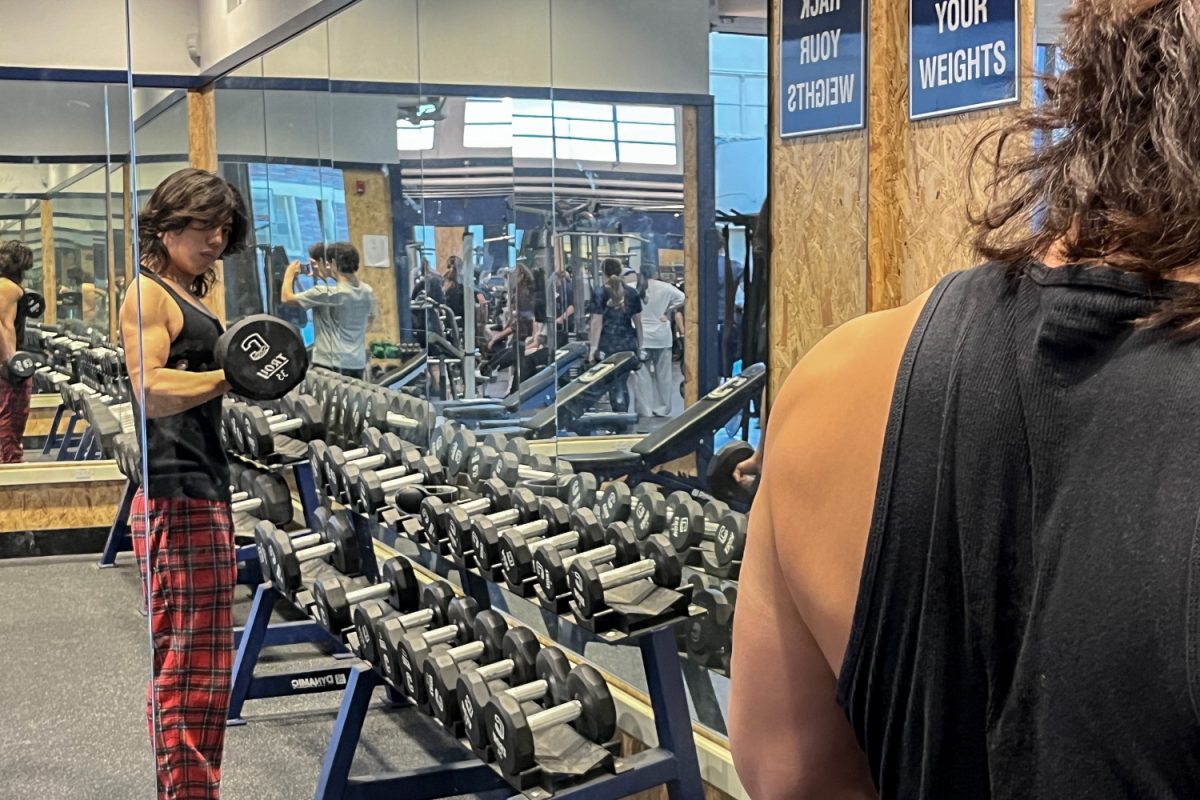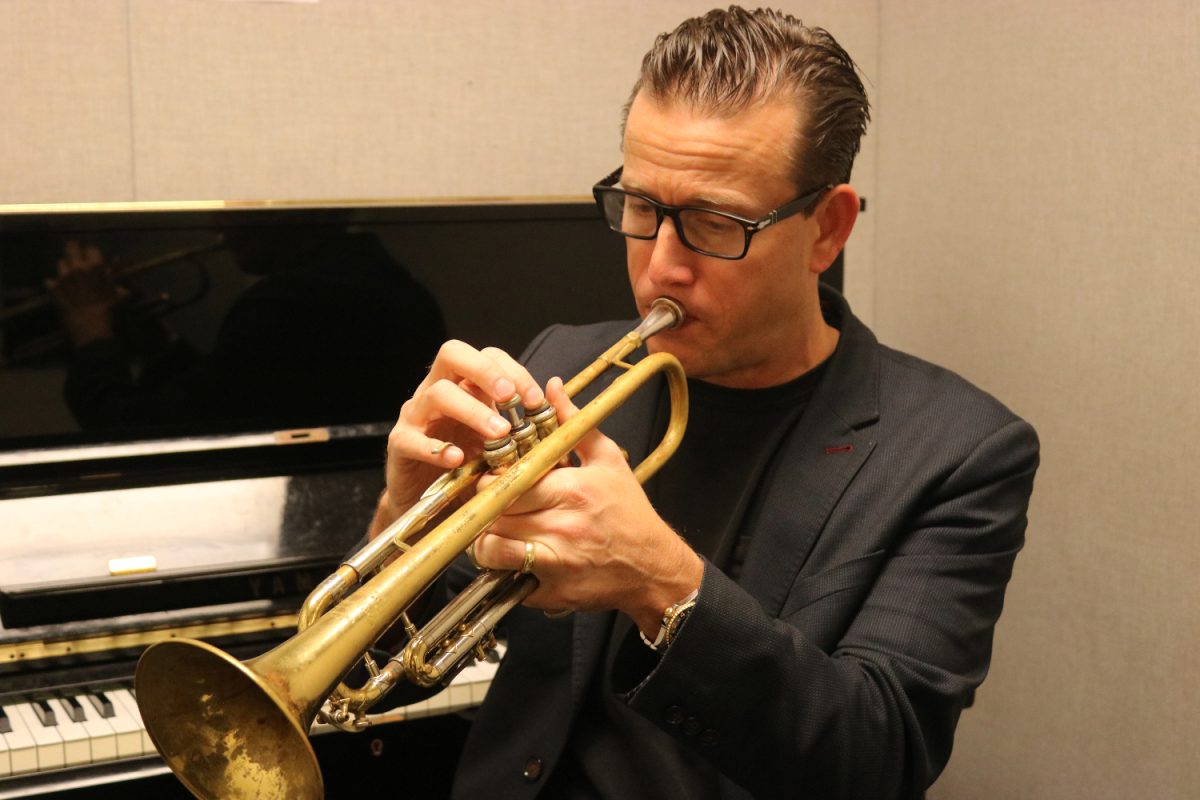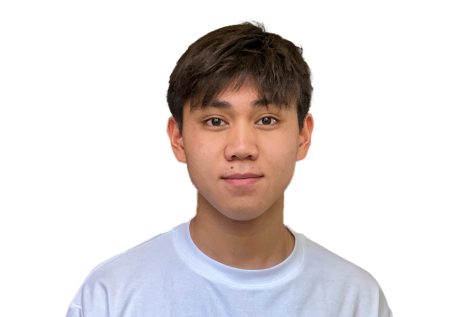The premise of Pokémon is simple: embark on a journey to catch fictional creatures and engage them in battle, perhaps thwarting an evil power along the way, to become a Pokémon champion. This formula’s simplicity has allowed it to be recycled over and over throughout the series’ lifespan, and it remains a tried-and-true source of entertainment. Many have fond memories of congregating on the playground to swap Pokémon cards, trading via Game Boy link cable or binging the adventures of Ash Ketchum and Pikachu on weekends.
The “core” of Pokémon (a portmanteau of “Pocket Monsters”) isn’t explicitly defined, but most would nominate its competitive aspect as the strongest contender; Pokémon’s central mechanic is pitting them against one another in combat.
Across its diverse formats and settings—trading cards, video games, graphic novels—no battle happens the same way. But in a nutshell, trainers clash against each other using their Pokémon, which utilize elemental and otherworldly abilities to knock out the opposing team.
Enthusiasm for Pokémon’s competition birthed the first Pokémon World Championships in 2004, a real-life tournament in which players from across the globe vied for the title of Trading Card Game (TCG) Champion.
Maxwell Chou, a senior at Carlmont High School, was one of many drawn to the style and strategy of the card game.
“I was interested ever since I watched the show in third grade,” Chou said. “I started trading cards in elementary school with my friends, just trying to collect all the types. On a forum, I learned about the actual game you could play with the cards, so I made an easy deck, went to a local card store, and lost. I decided to get good, which got me playing in tournaments for around five years.”
This sentiment extended to the Pokémon video games, leading to the inception of the Pokémon Video Game Championships (VGC) and their subsequent inclusion in the World Championships starting in 2009. Like with the TCG, players compete in regional and international tournaments in the hopes of being invited to the annual World Championships.
Having qualified for the World Championships every year since 2014, James Baek has lived every kid’s dream. As the third-place finalist in the VGC masters’ division at the London World Championships this past August, he confirms that tournaments—especially the World Championships—are the heart and soul of the Pokémon community.
“I think tournaments are incredible because you get to meet so many of your fellow Pokémon fans. Video game, TCG, and all other Pokémon enjoyers come to these events for fun,” Baek said.
While it’s agreeable that tournaments are a source of joy and fellowship, “enjoyers” is a broad term. Wouldn’t “children” be more accurate?
Since the Pokémon franchise debuted in Japan in 1996, it has been a cornerstone in children’s entertainment. The series boasts numerous appeals to a young audience, including friendly characters, themes of friendship and good sportsmanship, and a plethora of toys and merchandise.
Also, many Pokémon tend to reach developmental milestones and evolve, undergoing physical transformations and becoming more powerful. One can imagine the allure of this phenomenon to young children who aspire to “evolve” into strong, independent, and confident individuals, just like their imaginary companions.
These factors unofficially categorize Pokémon as a children’s series. Mention of anything Pokémon-related often invokes a feeling of nostalgia in plenty of people who have parted ways with the franchise. However, there are equally many Pokémon fans, Baek included, who have stuck with the franchise as they aged.
According to a 2017 Nintendo policy briefing, the number of players in their 20s and 30s was higher for the latest title, Pokémon Sun and Moon, compared to past titles on the Nintendo 3DS console.
Furthermore, in a 2021 interview with Axios Gaming, former The Pokémon Company marketing director J.C. Smith said, “As the fanbase gets older, there have been requests for more sophisticated Pokémon games and storylines for a more grown-up crowd. But we try to focus on making the core accessible to everyone.”
And accessible it is. The trend is clear: young or old, Pokémon fans remain staunchly loyal to the franchise.
There’s not quite an obvious reason why teenagers and adults gravitate toward Pokémon. The underlying themes of its storylines are virtuous, even basic, and most of the entertainment The Pokémon Company puts out does not contain award-winning plots, mature themes, or other elements to target an older audience.
Perhaps they are so drawn to Pokémon because of how it taps into the inner child, satisfying an evergreen desire for camaraderie, independence, and discovery. Or, it may simply be captivating to watch the series continue to grow. There are now over 900 Pokémon species, with more released in so-called generations every few years—constantly expanding the competitive scene.
“The main demographic is kids, but Pokémon has been around for almost 30 years. You’re inevitably going to have a lot of age variety,” Baek said. “We have the juniors’ division, the seniors’ division; really talented young players that can match up with the current masters’ division players. There are people in their 30s, 40s, sometimes 50s—even above that—who still do really well.”
The year of VGC’s World Championship debut—2009—was the same one Baek discovered competitive Pokémon. Now a content creator and professional Pokémon player, he commenced his career with events held by Play! Pokémon, the program that fosters community and competition within the fanbase, including the Championship Series, the path to the World Championships.
“I discovered tournaments in the Pokémon Platinum era around 2009. Back in the day, they were advertised on little flyers on the boxes the games came in,” Baek said. “I wasn’t a good player back then. I never really started trying seriously, competitively, until about 2014. And from there, it snowballed.”
August’s World Championship transformed London’s ExCel Convention Center into a Pokémon trainer’s dream. After a three-year hiatus brought about by the onslaught of COVID-19, the four-day esports event sustained a bustling mass of cosplayers, spectators, families, and the best trainers from across the globe.
World Championships 2022 was the first in which participants not only competed in VGC and TCG but also in Pokémon GO, the augmented reality mobile game released in 2016, and Pokémon Unite, a more recent multiplayer battle arena mobile title. The introduction of the latter two coincided with the bittersweet departure of the three-versus-three battle game Pokken Tournament at the World Championships.
Pokken’s retirement did little to dampen spirits; this was arguably the most highly anticipated World Championship so far.
Ian Lang, a seasoned Pokémon GO player, and Carlmont senior saw the addition of Pokémon GO to the World Championships as an especially welcome one. This year, the veteran trainer tuned into the Twitch livestream to witness the spectacle.
“I’ve played Pokémon GO seriously since 2020,” Lang said. “It’s really cool that they added it to the event.”
Even at his skill level, Lang doubts that he would be able to compete for the Pokémon GO world champion title, but he acknowledges the ease with which someone could become an adept trainer.
“If you just put some time into learning what Pokémon and what moves work best in different situations, you can be good at it because it’s not a sport,” Lang said.
As a local Pokémon GO group member, Lang appreciates his peers’ diversity. More adults play GO disproportionately to other Pokémon games, probably because it necessitates being out and about to catch Pokémon in the real world—perfect for those with cars and commutes. But even with other Poké-pastimes, audiences are ubiquitous, enticed by nostalgia and a thirst for its classic entertainment.
If you just put some time into learning what Pokémon and what moves work best in different situations, you can be good at it because it’s not a sport.
— Ian Lang
“Competitive has a variance that makes it even more enjoyable,” Baek said. “There are chances for critical hits and other percentage chances, making the game really interesting. You really have to manage your odds, and even then, you’re not guaranteed to win—it’s a really exciting game.”
This year’s VGC category was the first and only one held on Pokémon Sword and Shield, the eighth-generation main series game with a fictional region and Pokémon inspired by the United Kingdom. Even more fittingly, Baek’s third-place team combined many of the staples from the Sword and Shield metagame, like the blade-wielding legendary Pokémon, Zacian. He argues that the pandemic wasn’t the worst thing for competition.
“It could have gotten more stale towards the end if we had had multiple world championships instead of just one over these three years. Having a single World Championship where a player could claim that they’re the best Sword and Shield player of all time was special,” Baek said. “I think COVID helped build up the hype; everyone was focused on doing well as always, but London had a unique atmosphere because our determination was built up over all this time.”
With Sword and Shield and the eighth generation of Pokémon exiting the spotlight, Baek has high hopes for the upcoming titles of Pokémon Scarlet and Violet and the content they’ll present to fans and content creators like himself. But above all, he looks forward to attending future tournaments, where he’ll engage in many more battles, meet many more Pokémon enthusiasts, and continue to watch the series evolve.
“From the start, I’ve always enjoyed seeing my fellow fans at casual events,” Baek said. “Now we’re at the level of the recent and upcoming World Championships. All of us play differently, have different favorites, and are of all ages, but we all have one thing in common: a love for Pokémon.”


